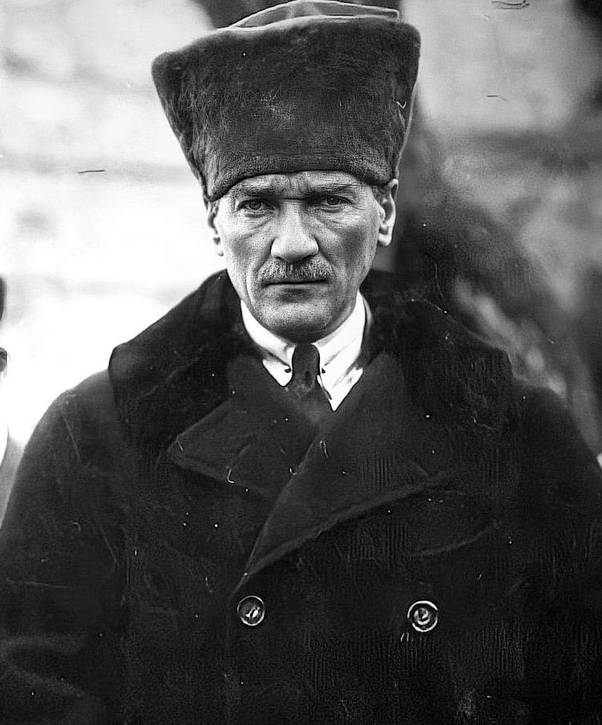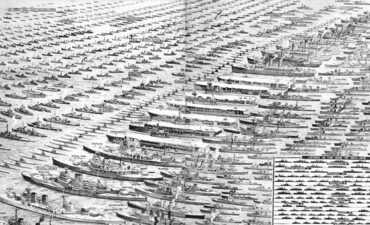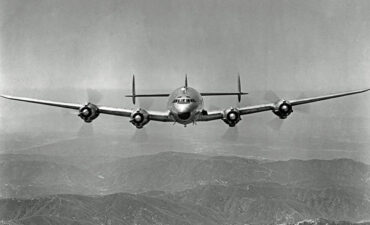How did Ataturk finish the Ottoman Empire? What was his role in it? Mustafa Kemal Atatürk played a significant role in the demise of the Ottoman Empire and the establishment of the Republic of Turkey. Here’s a brief overview of his role:
Leadership during World War I:
Atatürk initially served as a military officer in the Ottoman Army during World War I. He gained prominence for his leadership in the Battle of Gallipoli (1915-1916), where Ottoman forces successfully repelled Allied attempts to invade the Gallipoli Peninsula. This victory solidified Atatürk’s reputation as a capable military leader.
Founding of the Republic of Turkey:
Following the defeat of the Ottoman Empire in World War I, Atatürk emerged as a central figure in the struggle for Turkish independence. He led the Turkish National Movement against foreign occupation forces and the Ottoman government, which had aligned itself with the Central Powers during the war. Through military campaigns and diplomatic negotiations, Atatürk’s forces gradually gained control over Anatolia and eastern Thrace.
Abolition of the Ottoman Sultanate:
Atatürk’s leadership culminated in the abolition of the Ottoman Sultanate in November 1922. The last Ottoman Sultan, Mehmed VI, was deposed, effectively ending the centuries-old Ottoman monarchy.
Treaty of Lausanne:
Atatürk negotiated the Treaty of Lausanne (1923), which replaced the earlier Treaty of Sèvres (1920) and established the borders of the modern Republic of Turkey. This treaty recognized Turkish sovereignty and effectively ended the Ottoman Empire’s status as a participant in World War I.
Establishment of a Secular Republic:
Atatürk became the first president of the Republic of Turkey upon its establishment on October 29, 1923. As president, he implemented sweeping political, social, and cultural reforms aimed at modernizing Turkey and secularizing its institutions. These reforms included the adoption of a new legal system based on European models, the introduction of secular education, the emancipation of women, and the replacement of the Arabic script with the Latin alphabet.
Overall, Atatürk’s leadership during the final years of the Ottoman Empire and the early years of the Republic of Turkey played a crucial role in shaping the modern Turkish state and ending the imperial legacy of the Ottoman era.










